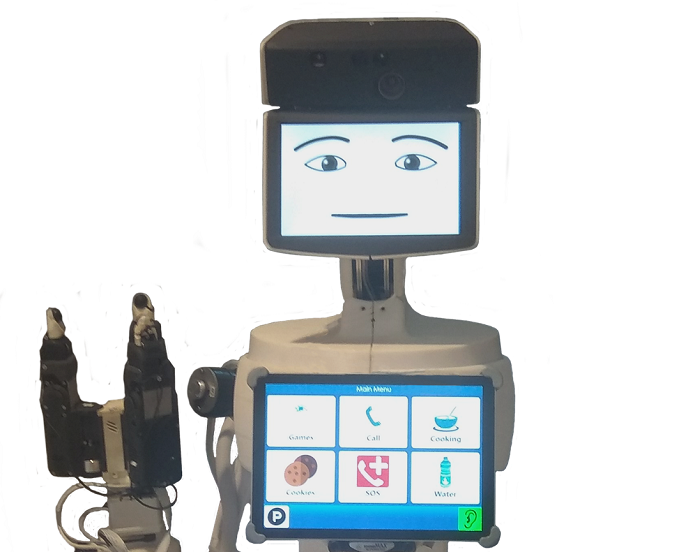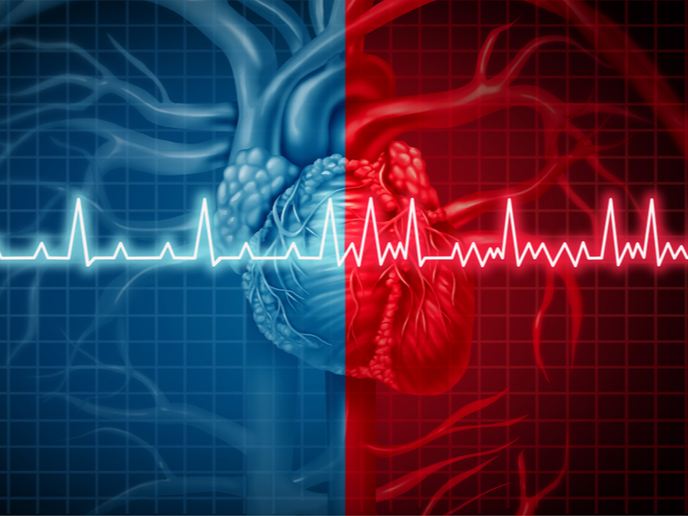First ultrarealistic hybrid simulator for neurosurgeon training
Neurosurgery is one of the costliest medical disciplines and also one of the longest lasting, with training averaging 15 years and tuition fees reaching up to EUR 60 000 annually (based on Harvard Medical School fees). According to the EU-supported UpSurgeOn Academy project, based on World Federation of Neurosurgical Societies data, these high costs result in 5 million unattended cases annually and a shortfall of around 23 000 neurosurgeons for low- and middle-income countries. UpSurgeOn Academy has developed a hybrid training solution which blends digital and physical training to streamline training needs. “We are the first to develop, patent and offer the necessary mental and manual surgical training by blending the digital and physical worlds,” explains project coordinator Paolo Raimondo from the company UpSurgeOn(opens in new window), the project host. Having entered the marketplace in early 2021, the team now has over 400 university and student/resident clients in 70 countries, with plans to expand into other medical disciplines. “There is strong interest from big companies such as ZEISS(opens in new window), Leica(opens in new window), Integra and B. Braun(opens in new window). They are eager to work with our physical simulations to test new products or demonstrate them before entering an operating room with real human beings,” says Raimondo. The system has been validated by a Harvard University study at Massachusetts General Hospital(opens in new window), and is shortly to be published.
Blended training
UpSurgeOn Academy was inspired by the fact that today an early-stage surgical resident entering an operating room to perform – often highly risky – surgery, will typically have had only limited exposure to real procedures. Options for gaining that experience are usually either in cadaver labs or by assisting in real operations. For cost, legal and ethical reasons, labs are becoming increasingly more difficult to maintain, with residents likely only to enter a few times a year. Training ‘on the job’ obviously carries significant risks for patients, while hospitals can potentially be under threat from increasing malpractice claims. Indeed, according to UpSurgeOn Academy, neurosurgical cases of malpractice have been rising by 25 % since the 1990s, with over 3 % of neurosurgeons facing malpractice claims every year. The UpSurgeOn Academy training platform is composed of three elements. Firstly, a series of educational apps offering standard training in 3D anatomy and surgical knowledge. Secondly, a ‘medical phantom’ – a physical simulator of intracranial anatomy called the ‘BrainBox’, the closest to reality in terms of size, precision and texture. Lastly, augmented and virtual reality, which allows users to perform procedures on the BrainBox in operating room scenarios. “All content is derived from highly accurate, 3D, scientifically produced anatomical models converted into lifelike tissues to create ultrarealistic surgical scenarios,” adds Raimondo. So far the system has been trialled in over 30 courses; 12 as part of the project’s Global Training Programme in low- and medium-income countries and the remainder in high-income countries.
Democratising neurosurgery
As well as boosting the availability of neurosurgeons in the developed world, the UpSurgeOn Academy system can introduce neurosurgical capacity to developing countries for the first time. “A personal highlight was when a course was delivered on the same day in the Mayo Clinic, Florida, United States and in Ethiopia,” remarks Raimondo. “Both received the same standard of training, generated the same level of student enthusiasm, with the same result – a measurably enhanced level of competence.” The team are now working to expand the technology to more surgical areas, such as breast, cardio and even plastic surgery. They also intend to customise it to be patient-specific, enabling the BrainBox to adapt to specific anatomies and pathologies. This will give surgeons the ability to virtually trial operations before the actual operation.







